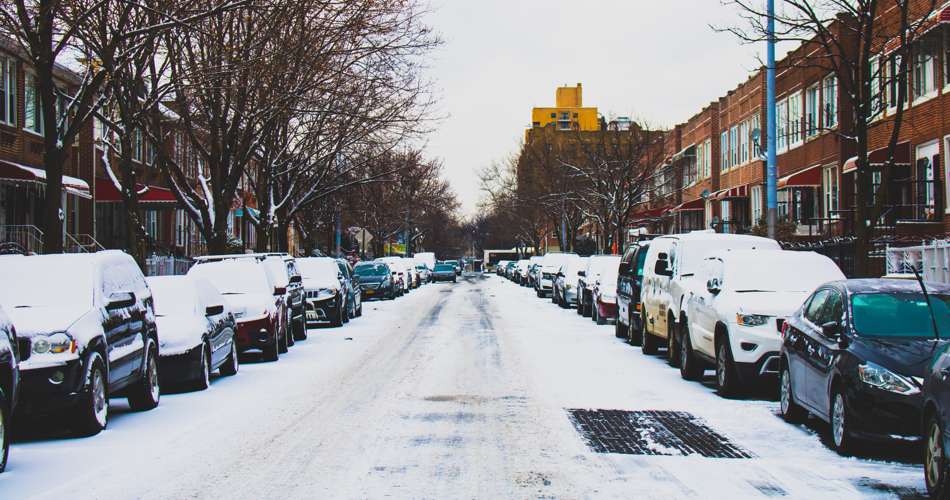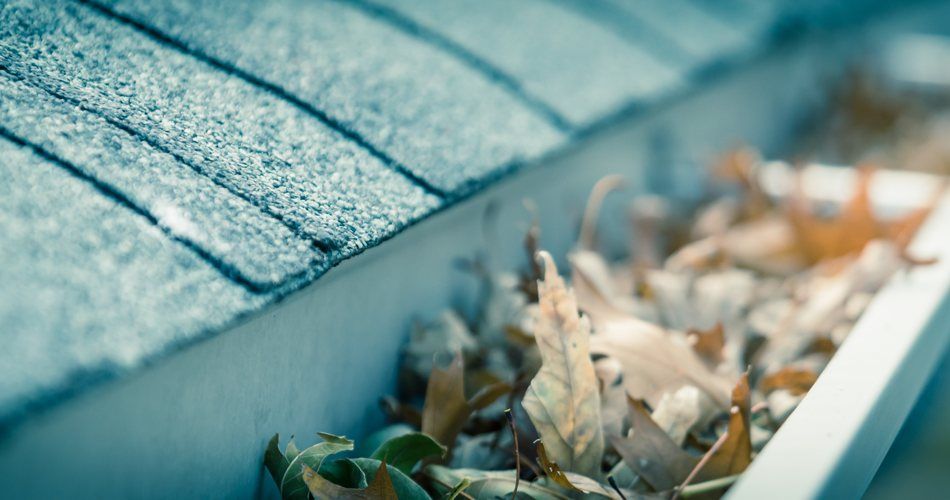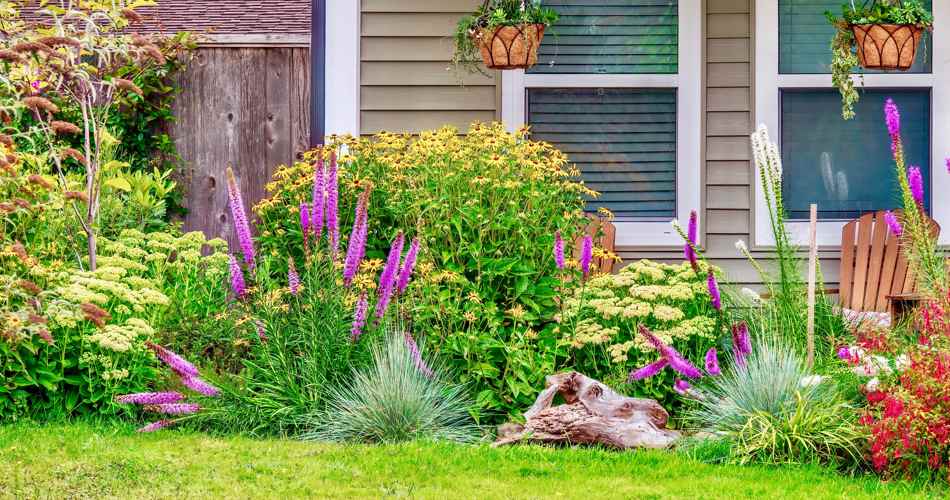Even though Calgary is known for its friendly inhabitants, it only takes one disgruntled neighbour to ruin your sense of peace in your community.
Whether it’s not taking the time to get to know your neighbours before a problem begins or encountering a rare neighbour who seems perpetually prepared to fly into a rage, establishing good relations with the people who live in your community is essential to enjoying many long years in your home.
Regardless of whose “fault” it is, here are a few tips to getting along better with your neighbours:
Identify Potential Problem-makers
Before you move in, it’s a good idea to scope out a neighbourhood to get an idea of who lives there. While you can certainly find useful information online, the best way to identify potential problem-makers is by doing it the old-fashioned way – in person.
- Drive through the neighbourhood in the middle of the day. Do you see anyone around? Perhaps a pensioner weeding her garden? Stop for a chat and ask them for information about the local area.
- Look around for empty lots or properties in disrepair. Keep an eye out for homes with a lot of stuff lying around.
- Visit the neighbourhood at nighttime around your usual bedtime hour. Hear any dogs barking? Or neighbours playing their music too loudly?
- Have a chat with local shop owners. They often know the neighbourhood better than anyone.
- Houses with a lot of sports equipment, including trampolines, basketball hoops, and skateboard ramps probably have children who spend a lot of time outdoors, making noise.
- Find and visit the closest police station, and inquire about any problem areas in the community.
- Download the Calgary police app.
- Identify other potential sources of noise, including active construction sites, playgrounds, and elementary schools.
It’s also a really good idea to try and speak with your immediate next-door neighbours of the property you intend to buy.
 Start Off on the Right Foot
Start Off on the Right Foot
Once you’ve moved into the community, the best way to avoid future problems with your neighbours is to start off on the right foot.
- Join or start a Neighbourhood Watch Program.
- Smile and say hello to people whenever you step outside your home.
- Offer to help elderly neighbours (for free), whether it’s clearing snow, trimming the lawn, or bringing in the groceries.
- Host a party and invite your neighbours.
- Bring a food treat as a reverse “welcome wagon”.
- Offer to watch pets or pick up mail for neighbours who are on vacation.
- Use GoNeighbour to stay connected to what’s going on in your community.
- Volunteer in the community.
After an Incident
If despite all your best efforts, you’ve begun a confrontation with your neighbour, it’s essential to quickly find a resolution. The last thing you want is a sense of resentment or frustration that can linger on for years.
First, if your neighbour is breaking the law, alert the authorities. But if what they are doing is merely a nuisance, follow these steps:
- Never raise your voice or express your anger.
- Communicating via writing is always best, but always be sure to record everything you do. Log everything, including calls to the police.
- Try and agree to meet somewhere neutral like a sidewalk or common area.
- Instead of making accusations, identify what’s bothering you. Then suggest solutions that work for both sides.
- Offer to bring the issue to an independent, professional mediator.
Most of the time, neighbours are either unaware that their behaviour was causing a problem or just want to have their side heard. The best way to prevent problems with your neighbours is to start off on the right foot with good relations. But if a dispute arises, it’s important to act cool-headed and objective. Remember, you’re going to be living near these people for a long time, so make the effort to try and get along.








0 Comments